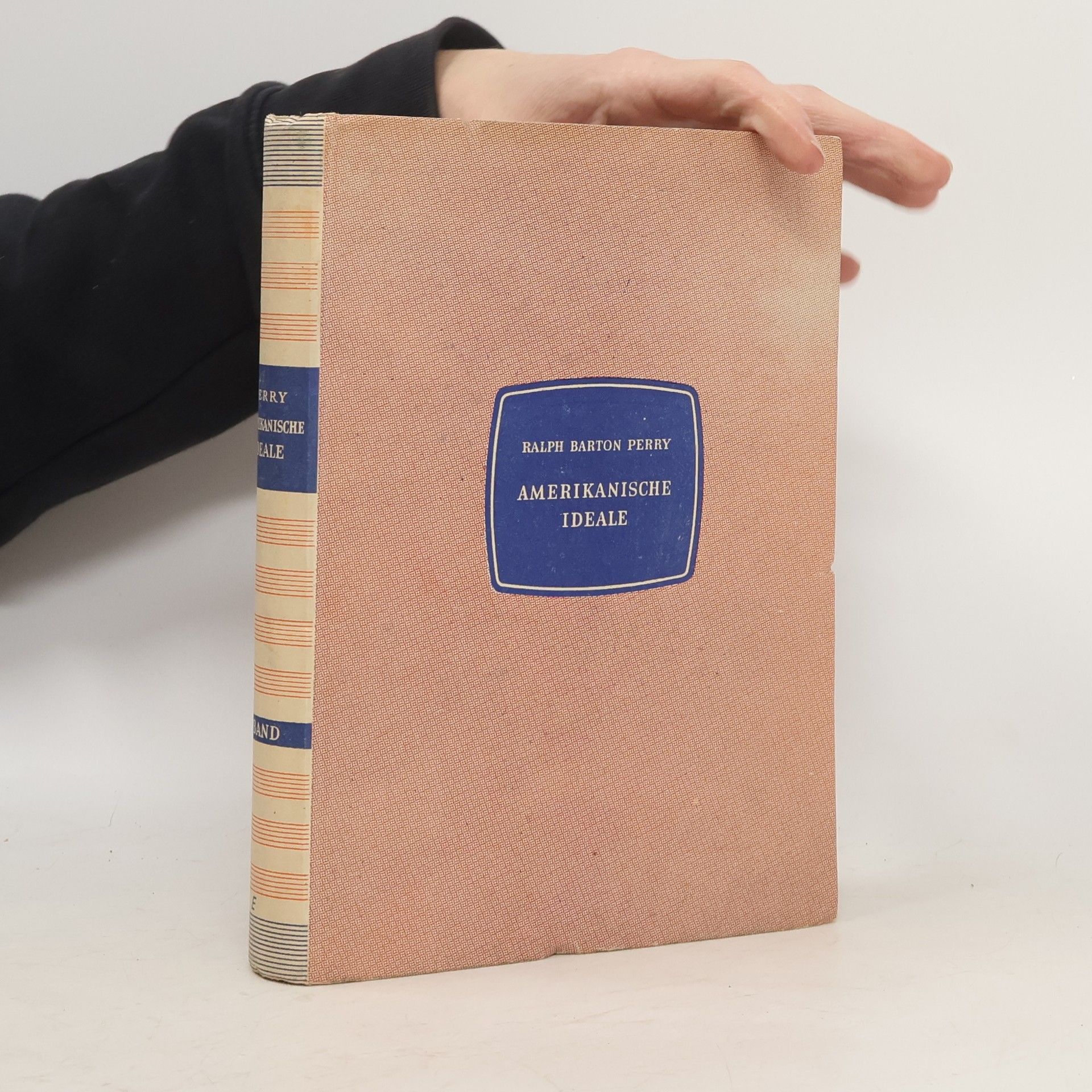Ralph Barton Perry Books
An American philosopher and pupil of William James, this thinker became a leader of the New Realism movement. He championed a naturalistic theory of value and a New Realist approach to perception and knowledge. He later diverged from moral and spiritual ontology, embracing a philosophy of disillusionment. A proponent of militant democracy, described as 'total but not totalitarian,' his influential work includes a celebrated biography of William James and his Gifford Lectures.
